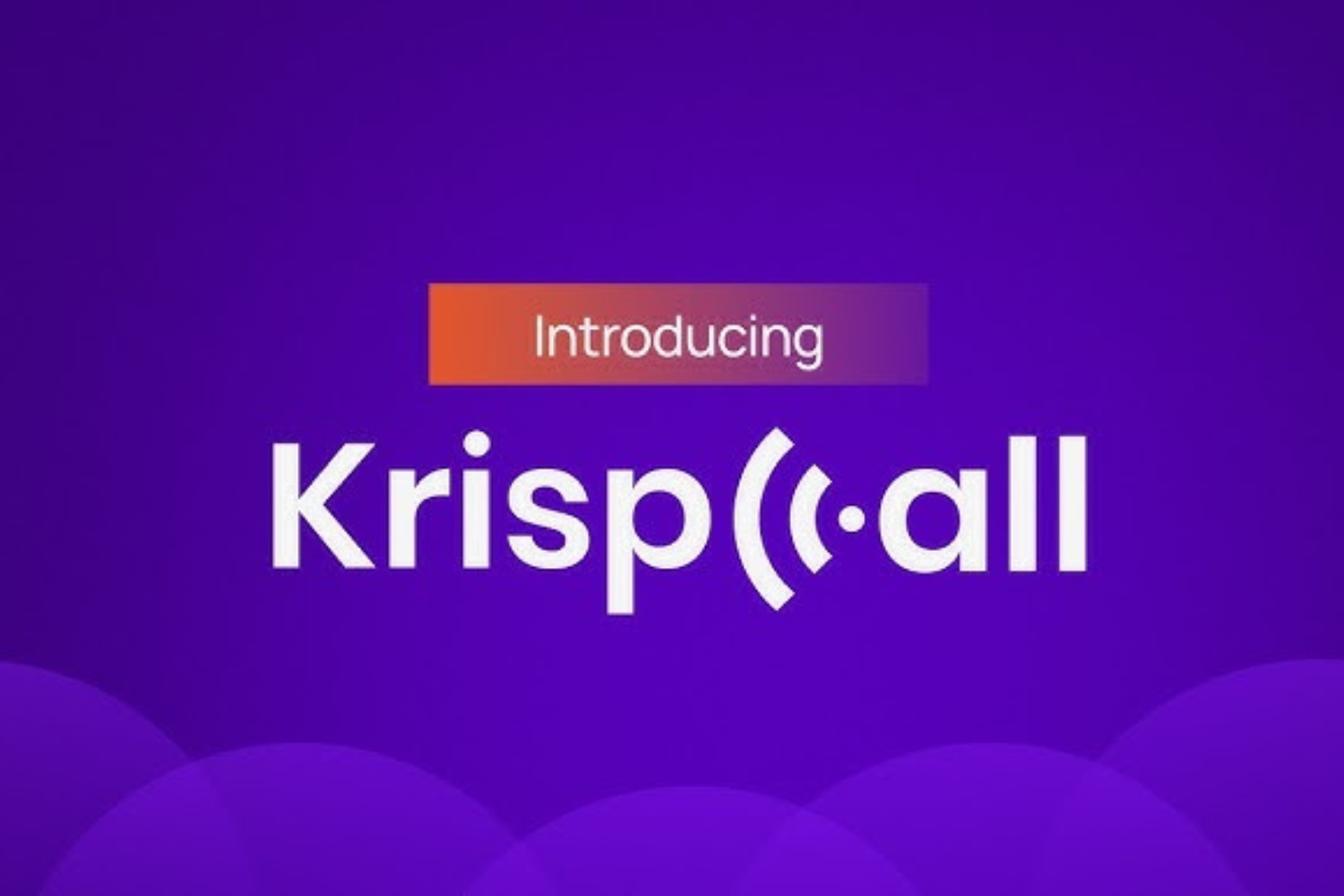If you do not know the most common Off-Page SEO Mistakes, you must understand them before creating your website. Off-Page SEO is an important aspect of optimizing your website for search engines. If you want to increase the visibility or authority of your website, then you must focus on the activities such as link building, social media marketing, and content marketing.
However, not all Off-Page SEO Techniques are created equal. This is why you must take Off-Page SEO Services offered by eClixTech to know about issues that harm your website’s search engine rankings. For example, you have complete control over the On-Page SEO Elements on your website, so mistakes can be easy to clean up. But not fixing what has been done off-site.
Fixing things outside your website (off-page elements) is much more difficult because many of your issues may be out of control. In layman’s language, Off-Page SEO refers to all the actions taken outside your website to impact your Search Engine Results Pages (SERP) visibility and position rankings. Remember, it’s important to focus on creating high-quality website content.
As well as building relationships with other websites and online communities rather than trying to manipulate search engine rankings through black hat tactics. Try to link your internal pages as well as possible so that the search engine crawlers can optimally index them. Use the opportunity to briefly and concisely describe the link’s content using the Title attribute.
The Topmost Common Off-Page SEO Mistakes That You Should Avoid
Regarding Off-Page SEO Mistakes, article marketing was a go-to tactic for many SEO webmasters. Many will still use it even though it doesn’t work. I’m referring to writing articles for websites like EzineArticles and hundreds of related websites. The intent was to get an article placed on one of these high-traffic sites along with a link pointing back to your website.
Sounds good, right? It used to be effective…until Google Panda slapped the hell out of these websites a couple of years back. The bottom line is that you should not waste your time creating content for someone else’s website when you could create original content (not unless it is a locally-relevant or industry-relevant website). Create awesome content on your website!
As a rule, don’t host your blog somewhere else, like WordPress or Blogger, separate from your main website. Otherwise, make sure your blog is hosted on your website. Moreover, if your website and blog are separate, you have two websites you manage and try to optimize. No thanks, one is hard enough! Also, be careful with search engine-optimized press releases.
In addition to guest posts with “unnatural linking.” This is probably not something you’re doing personally. Again, it may be a tactic used by your SEO firm acting on your behalf. A while ago, Google even updated their Webmaster Guidelines’ Link Scheme Document, which points to Google devaluing unnatural links in off-site content. Below are a few more tips:
1. Using Spammy Backlinks
One of the most common off-page SEO mistakes is to use spammy backlinks to increase your website’s search engine progress. These include buying backlinks, using automated link-building tools, and participating in link schemes. These tactics are considered black hat SEO and can result in penalties from search engines. Off-Page SEO link-building practices can help.
Especially to avoid this by providing authentic backlinks for your website. Similarly, comment spamming is leaving irrelevant or low-quality comments on blogs or forums to include a link to your website. This is also considered a black hat SEO tactic and can result in penalties or even a ban from search engines like Google, Yahoo, Bing, Yandex, DuckDuckGo, etc.
With the help of robots.txt, you tell the search engine crawlers which pages can and should not be indexed. This file is not an absolute must, but it should be available. Using robots.txt, you tell the search engines whether there are individual pages or directories on your website that should not be indexed, such as the admin area or links to pages you only have for friends.
2. Content Quantity Over Quality
Another common off-page SEO mistake is when you focus too much on the number of backlinks rather than the quality. Well, it is important to create a high-quality backlink profile. Still, at the same time, it is also important to focus on acquiring high-quality, relevant backlinks from authoritative websites. eClixTech uses different Off-Page SEO techniques in the strategy.
More so, to create a high-quality website, as it understands the importance of quality rather than quantity. Don’t spam Google and the user with your keywords! With keyword stuffing, it means having search terms in the title, the metadata, and the content. They are especially repeated at an unnaturally high frequency to increase their relevance.
This procedure was still common practice in early search engine optimization. To achieve better rankings for a particular search term. Now, it is viewed as manipulation and punished with an order in search hit Nirvana. It is sufficient if the keyword occurs once in the page title and the meta description. There is no sense in having a keyword for every tenth word.
3. Not Optimizing Anchor Text
Anchor Text is clickable text in a hyperlink, and it is the text used to link to your website, and optimizing it can help improve your website’s ranking. However, irrelevant anchor text can hurt your SEO efforts as search engines see it as spammy. Also, repeatedly using the same anchor or irrelevant text can harm your web page’s rankings in the search engine result pages.
Off-Page SEO services help create natural anchor text that reflects the linked page’s content. While building high-quality links is important for off-page SEO, it’s not the only factor. Ignoring other off-page SEO factors, such as social media, brand mentions, and online reviews, can hurt your overall content SEO audit efforts. The result is a drop in the SERP rankings position.
4. Neglecting Content Marketing
By all means, content marketing has another important place in the progress of your website. Different off-page SEO techniques involve creating and sharing top-quality and easy content to attract and engage your target audience with its simplicity. Neglecting content marketing can limit your visibility and authority in your industry.
Equally important, Social Media Marketing (SMM) is also a very important part of a great Off-Page SEO strategy as it helps to increase brand awareness and drive traffic to your website. Ignoring social media can lead to missed opportunities to engage with potential customers. But you should have a mix of other digital online marketing avenues in your plan for more results.
5. Lacking A Diverse Backlink Profile
Building a diverse backlink profile is important for improving your website’s ranking. Focusing too heavily on one type or source of backlinks harms your website’s health. It can limit the diversity of your backlink profile and harm your rankings. Here the experts provided by eClixTech offer their full SEO services support to avoid the diversity of backlinks.
If there is one thing that the Panda hates, it is manipulation, such as hidden content that is only visible to bots. A basic principle in search engine optimization is: don’t hide anything from Google! So-called hidden content, which is not visible to the user and is only placed to feed search engines with SEO texts, will eventually be punished.
A popular method is, for example, a massively placed dropdown element. This is where text content is recognized by search engines based on the source code. But instead, it is only available to the user when he actively clicks on the element. White text on a white background or invisible white text blocks hidden using CSS is naughty… an absolute no go!
6. Neglecting New SEO Trends
With the advancement of technology, SEO (Search Engine Optimization) is constantly evolving. If you do not stay up-to-date with the latest trends and best practices, then it is quite dangerous for the reputation of your website’s search engine rankings. It’s important to stay informed and adapt your off-page SEO strategy to gain a successful online presence.
Nobody likes slow internet sites, not even search engines. If possible, avoid placing code-scaled and uncompressed images, and do not overload your website with thousands of unnecessary scripts. If your hoster supports these methods, activate the page compression using GZIP or mod_deflate. Google PageSpeed Insights (PSI) is a handy tool for monitoring speed.
Following the analysis, you will receive a detailed evaluation with tips on improving the loading times. Also, we recommend you study with GTMetrix, a free application tool, to evaluate and optimize the website speed performance in detail.
In Conclusion:
As you can see, many ways and methods can help you avoid some of the most common Off-Page SEO Mistakes as you optimize your website for speed, relevancy, visibility, ranking, experience, and more. For instance, content is still the king! A major website optimization focus is providing search engines like Google and Bing with meaningful and unique content.
In most cases, high-quality content binds the user to your website, increases the length of stay, reduces the bounce rate, and sometimes ensures a significantly better placement in the search results. The content of your page should offer the user clear added value worth spreading on the Internet (instructions, infographics, entertaining images or videos, checklists, etc.).
You can try to add value to your website by linking to trusted sources, placing pictures or videos, structuring the text well, and avoiding spelling mistakes. It must be remembered that the content (text) ratio to code should be between 25% and 40%. Still, duplicate content is also poison for a good ranking and often leads to your website being devalued in search engines.
It may also lead to your content being filtered out in the worst case. The most common cause is that the page can be reached with and without www and thus provides the same content. This is because duplicate or near-duplicate content describes the problem that two or more pages from different URLs have the same or almost identical content. It should always be avoided!




